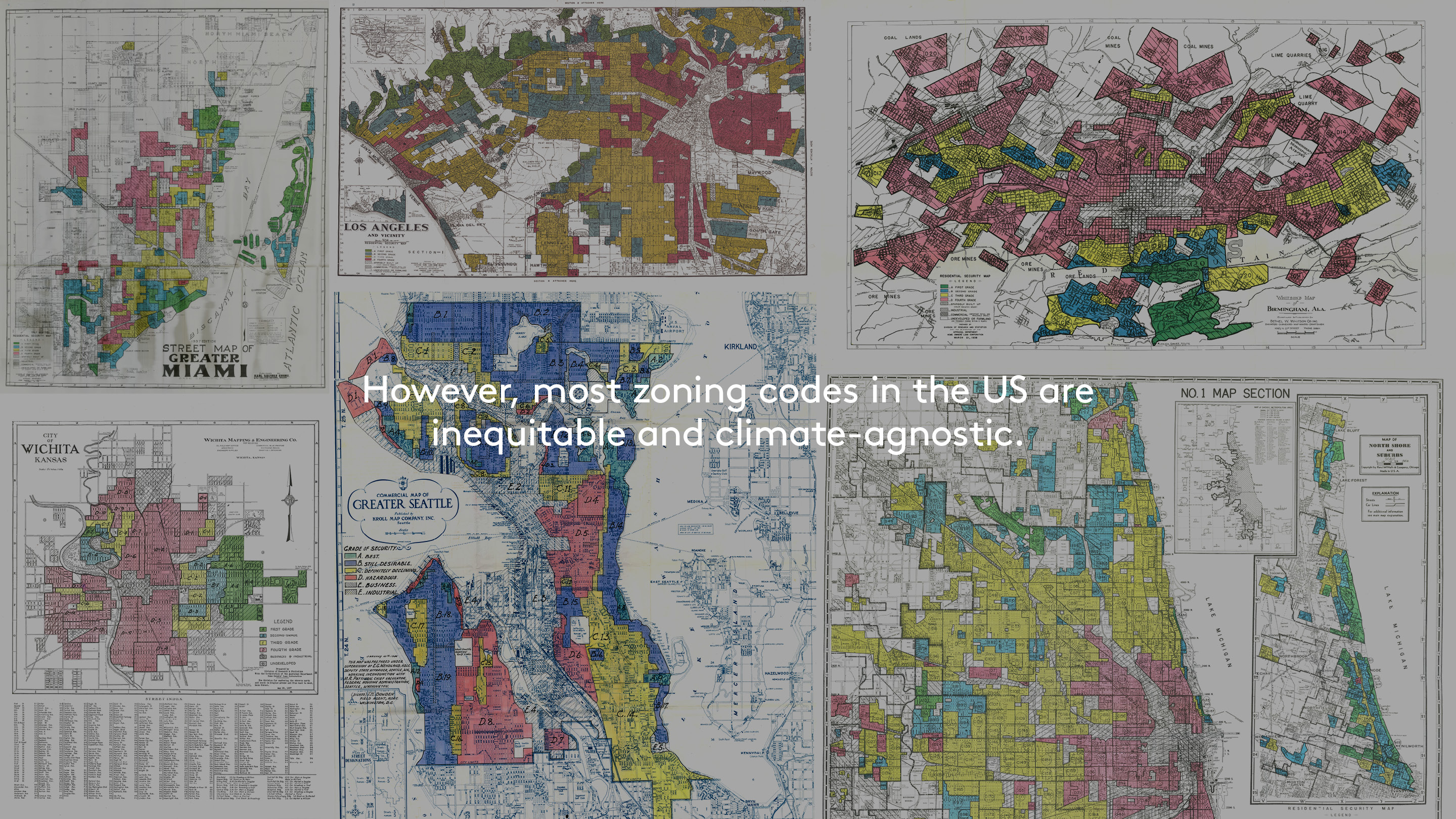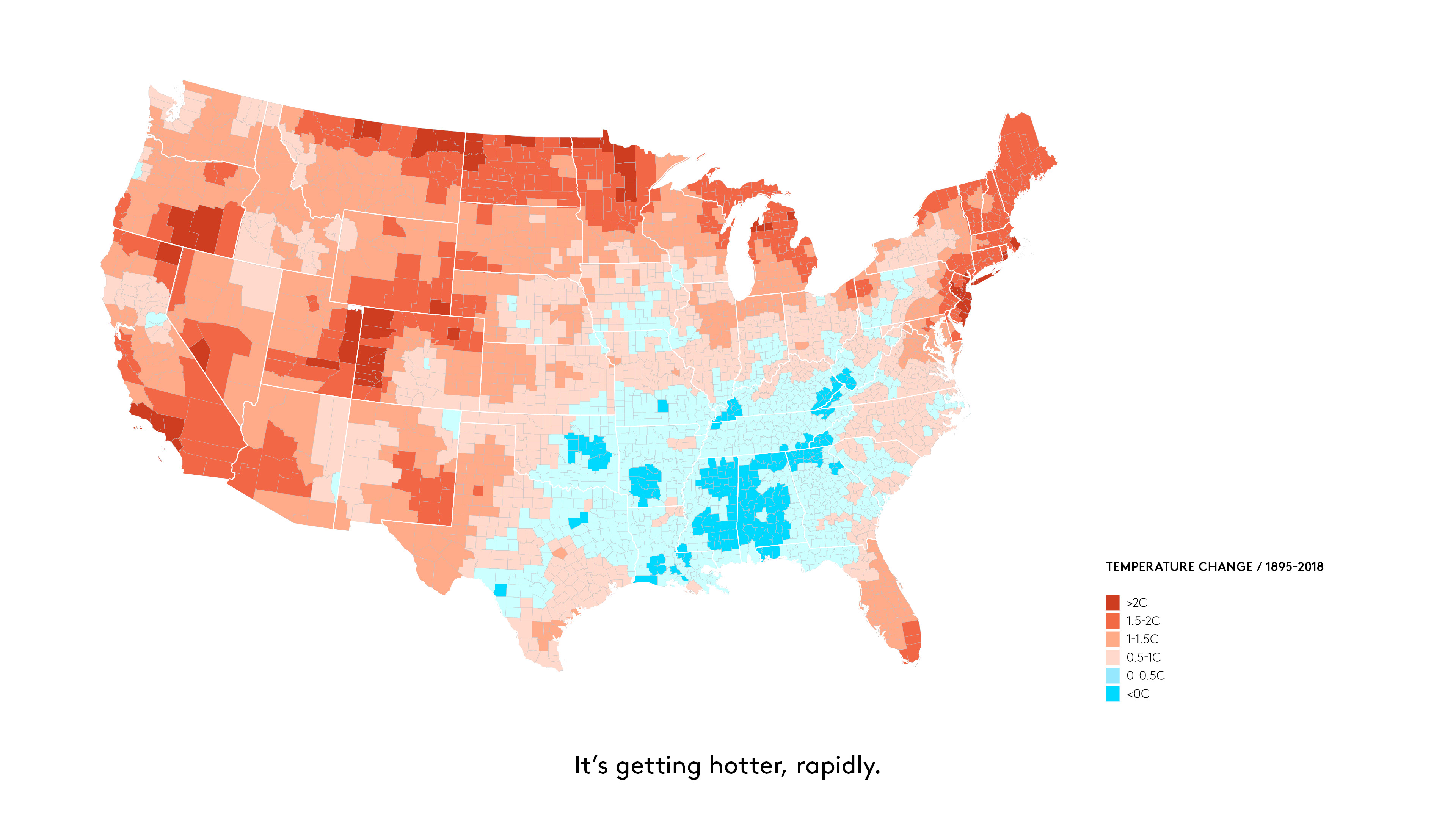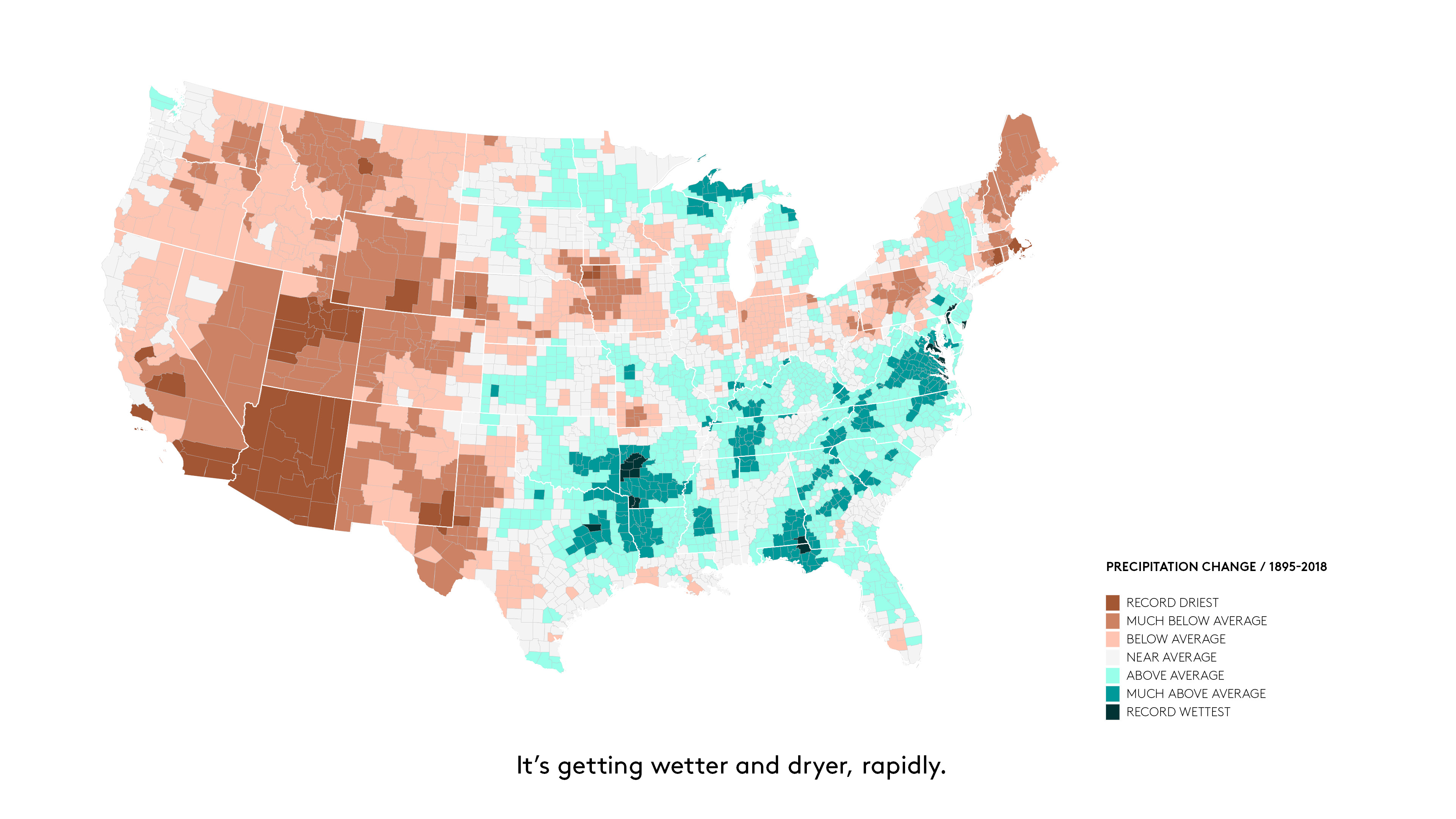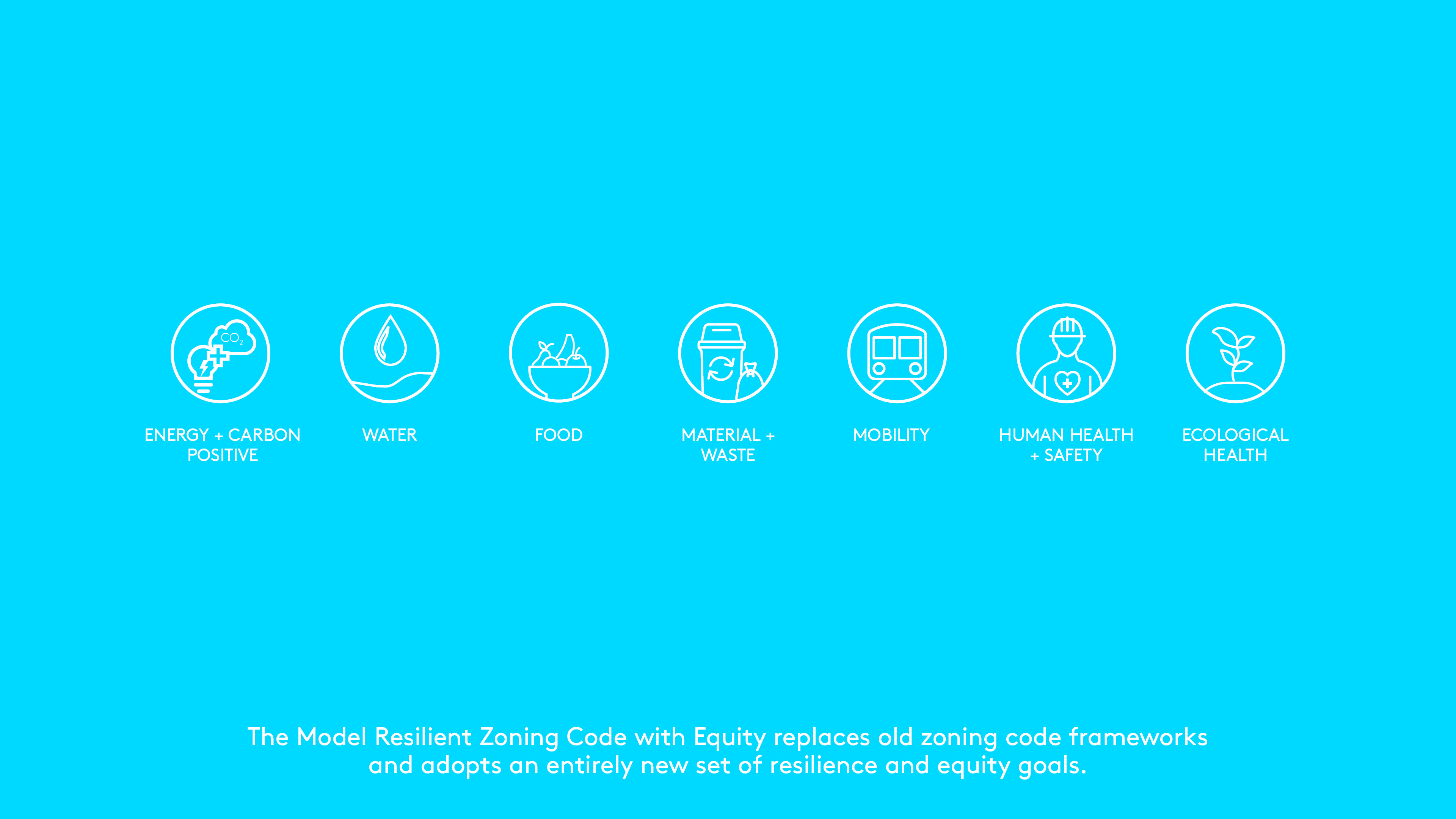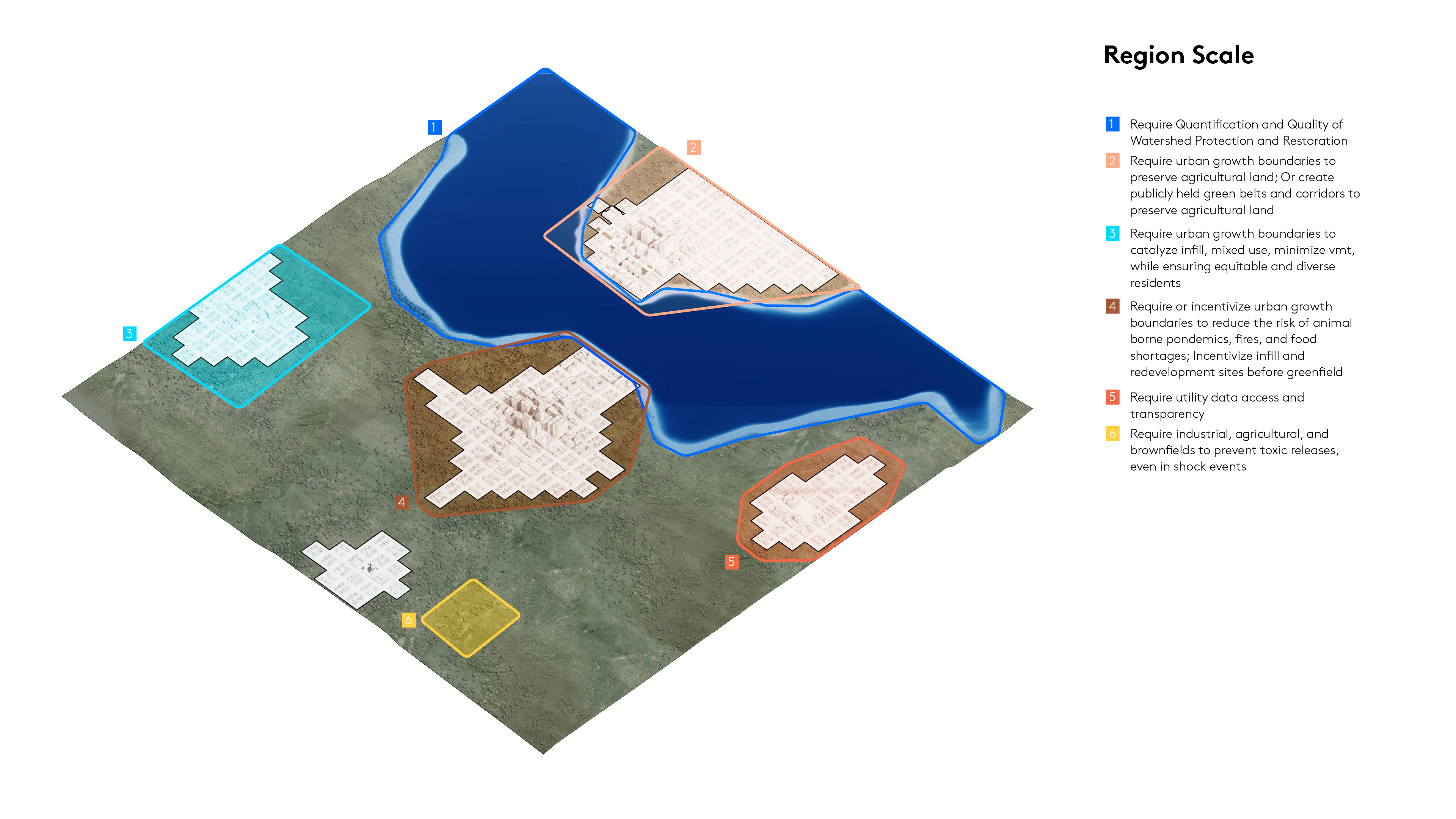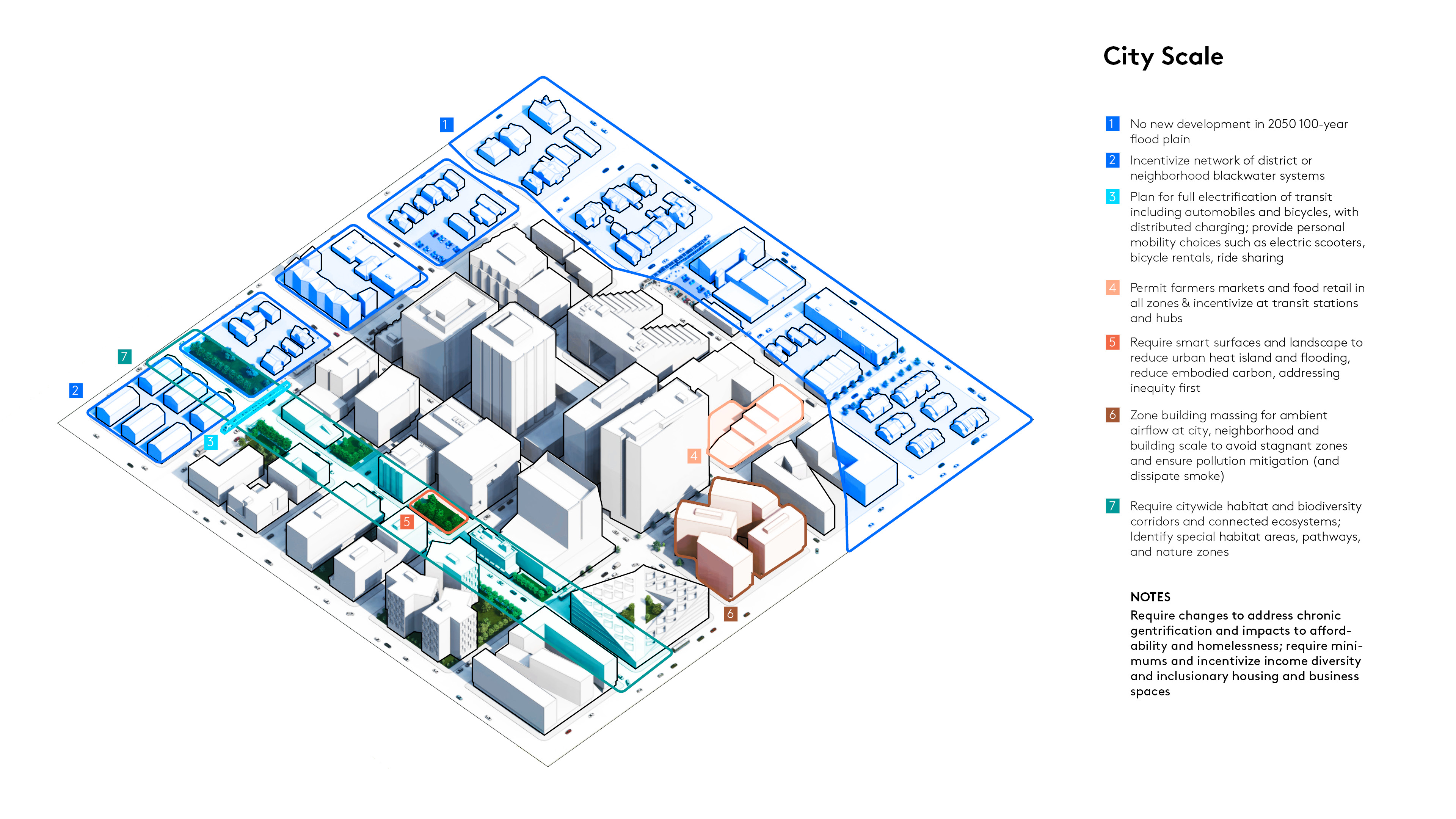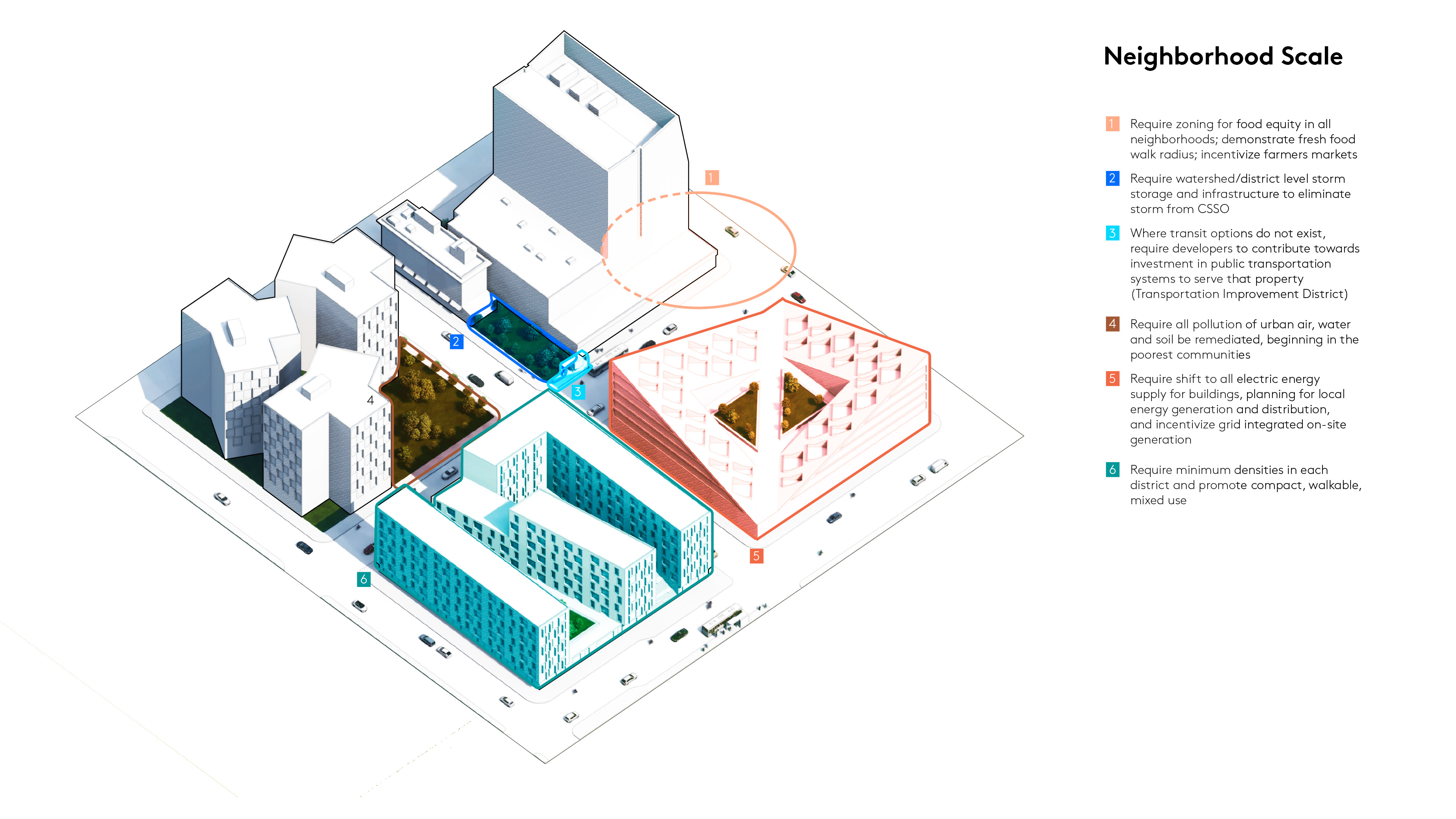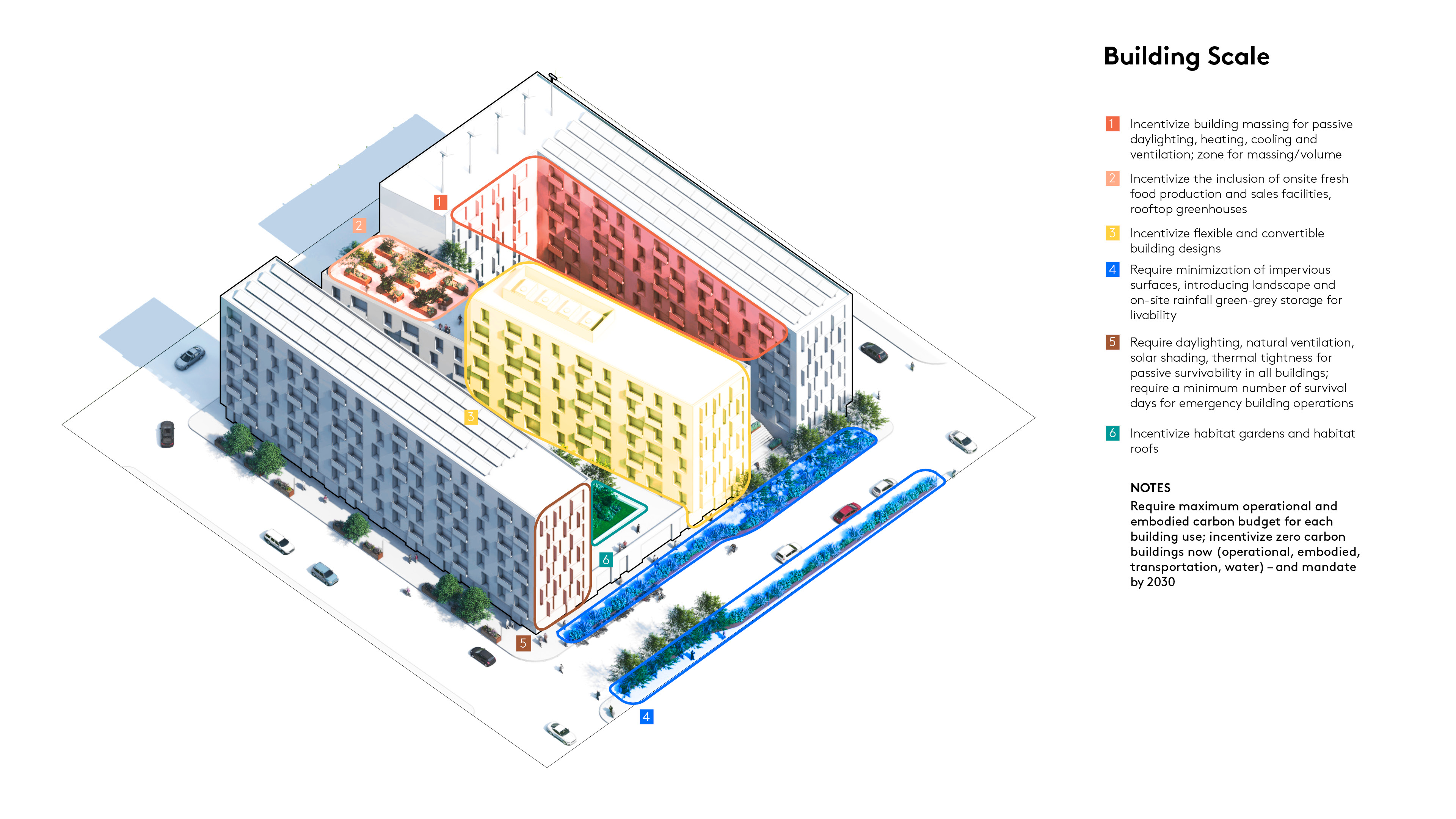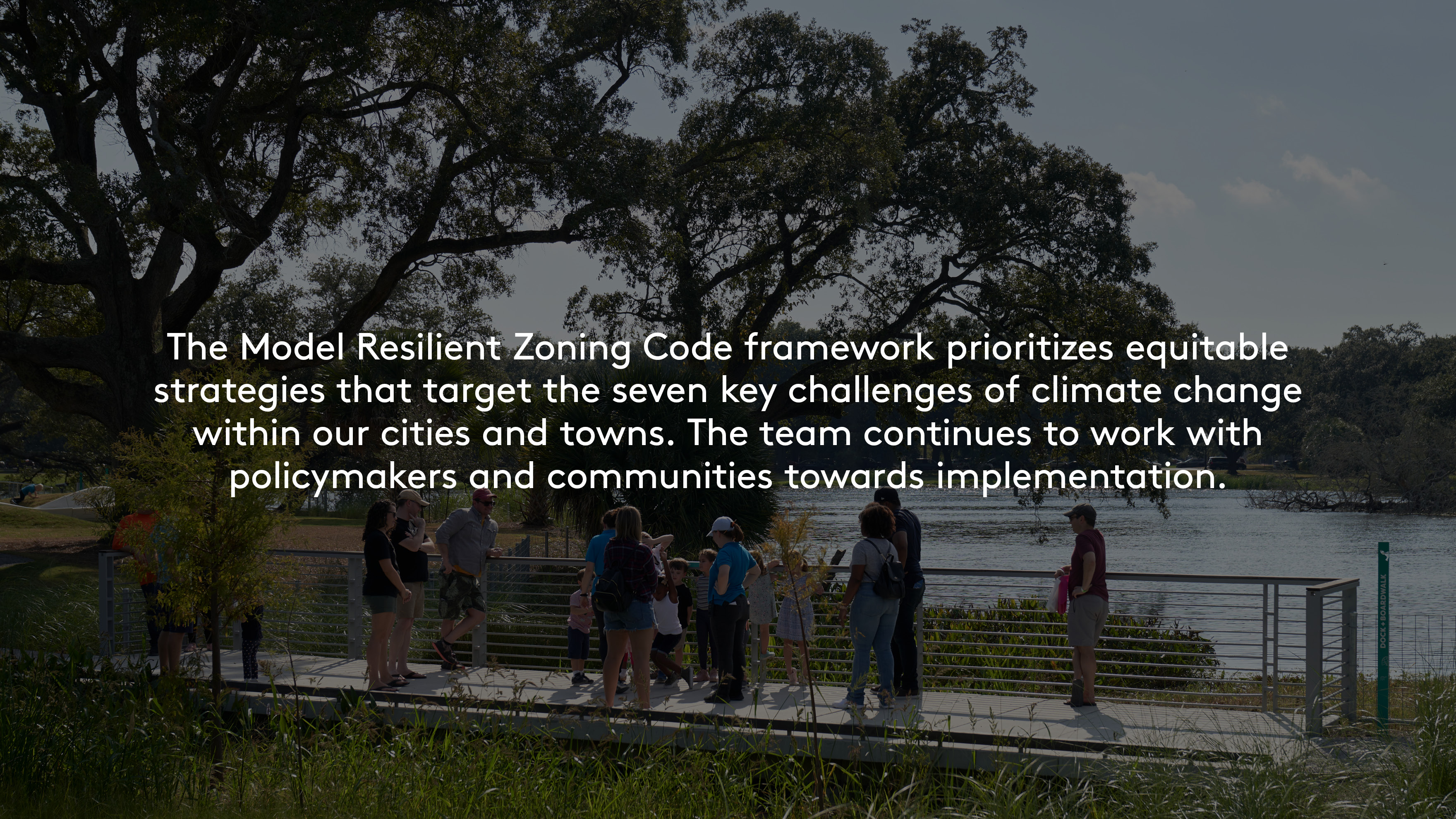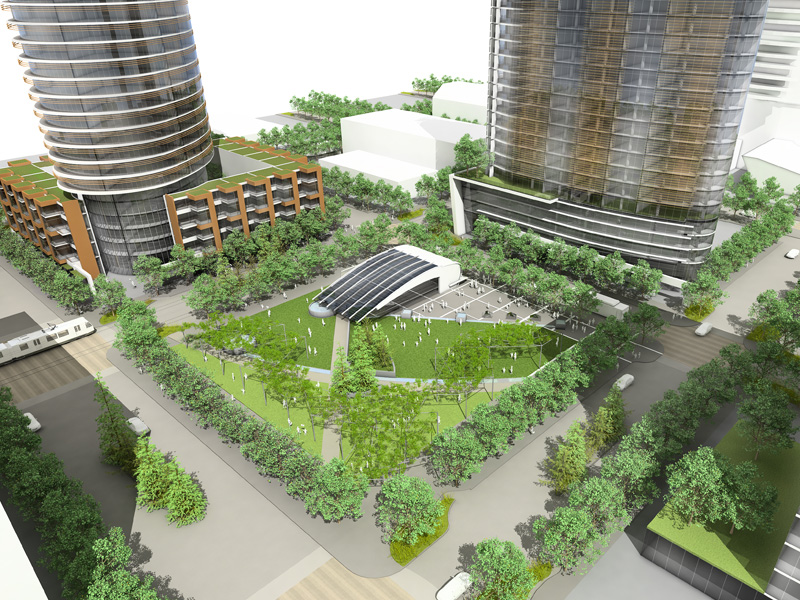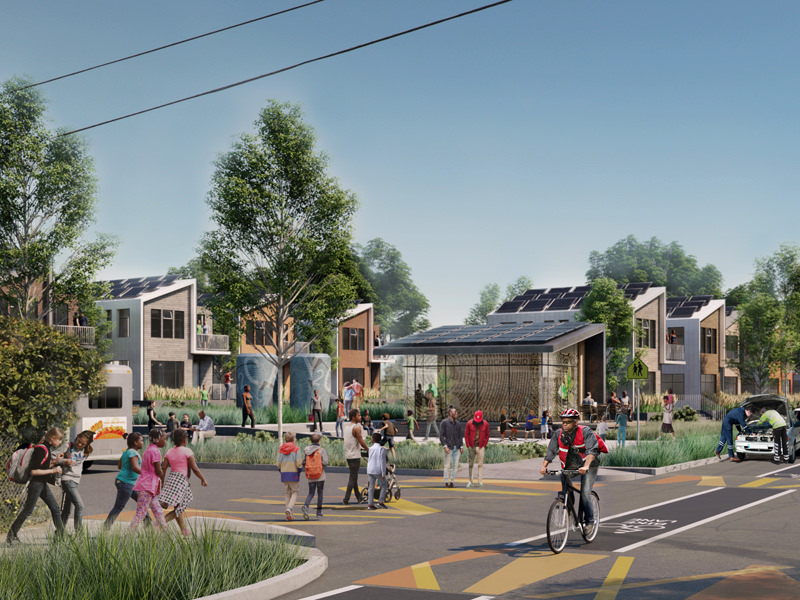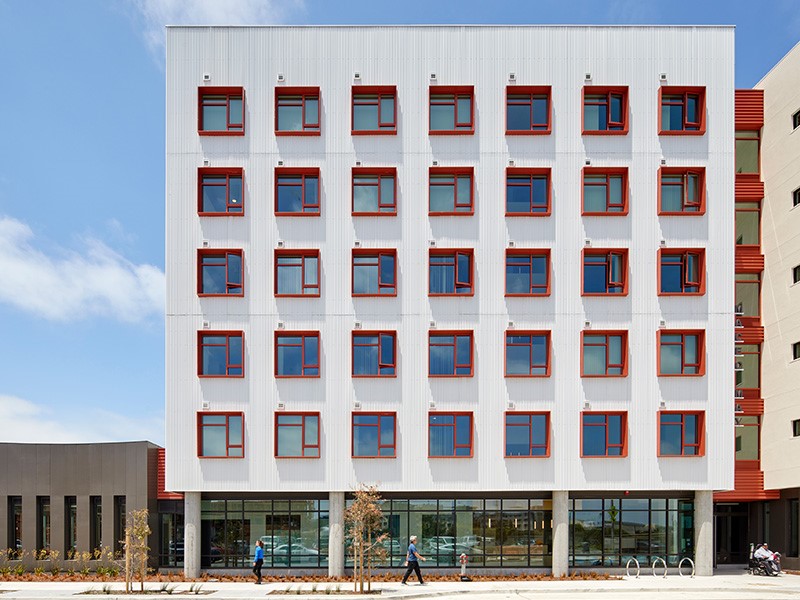Advancing Resilience through Zoning
Vision
It is critical that we make structural and systemic changes by 2030 to positively impact our climate. Zoning has significant influence.
Most zoning codes in the United States are patched documents from the 1950s and 1960s—inequitable, climate agnostic frameworks that will not ensure the integrated solutions needed for resilient cities in the future. While 1990s New Urbanism and later form-based codes improved placemaking, a new Model Resilient Zoning Code with Equity is needed to respond to the seven key challenges of climate change: energy, water, food, waste, mobility, human health / safety, and ecological health while advancing equity for populations negatively impacted by zoning codes of the past.
Research
Through extensive research, two rounds of expert crowdsourcing at the U.S. Green Building Council Greenbuild 2017 and 2018 conferences, and a session at Greenbuild 2020, a framework has been established for A Model Resilient Zoning Code with Equity in an Era of Climate Change for actions that are needed now to mitigate and prepare for the climate of the 21st century.
The framework establishes resiliency principles to front-end all zoning codes. It calls for integrated strategies at the regional, urban, neighborhood and building level, and includes guidelines for changes in urban form and fabric (including transportation and mobility connectivity, habitat and ecological connectivity, district energy and water connectivity, equitable density and mixed use, areas of refuge) and changes in building form (including site coverage, appurtenances, bulk and scale, and floor area ratios) with viable recommendations for implementation.
Looking Forward
The Model Resilient Zoning Code with Equity in an Era of Climate Change will be advanced into a publication enabling its distribution to mayors, city councils, planning officials, designers and citizens through electronic media.
This is a call for urgent action, as physical implementation of land use regulations takes years. By 2025 all cities and regions should intensively collaborate and incorporate resilience with equity into all land use law.



